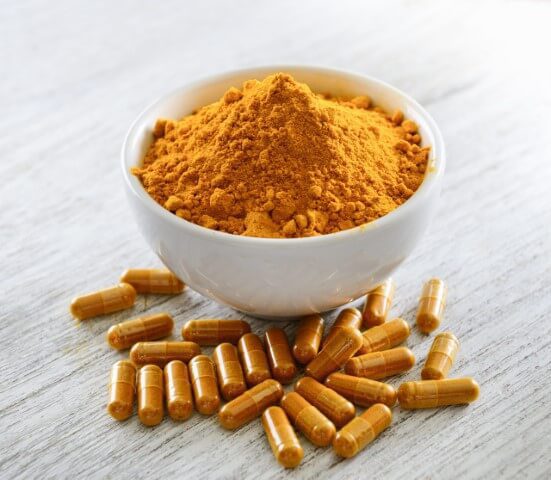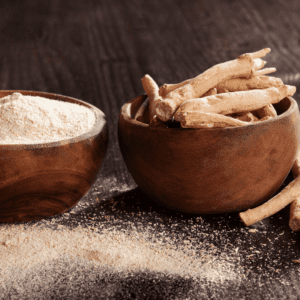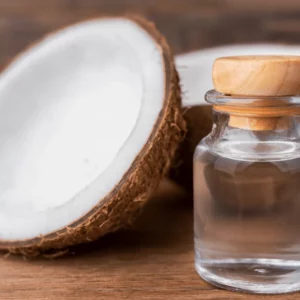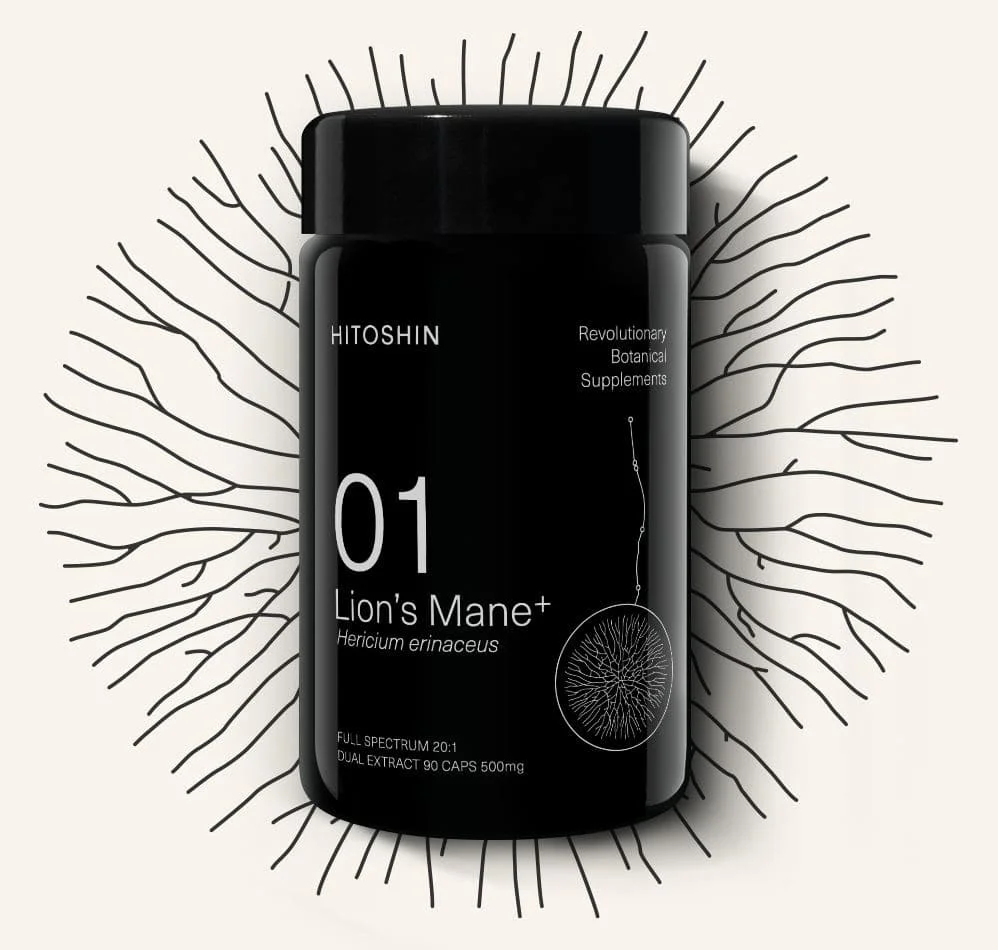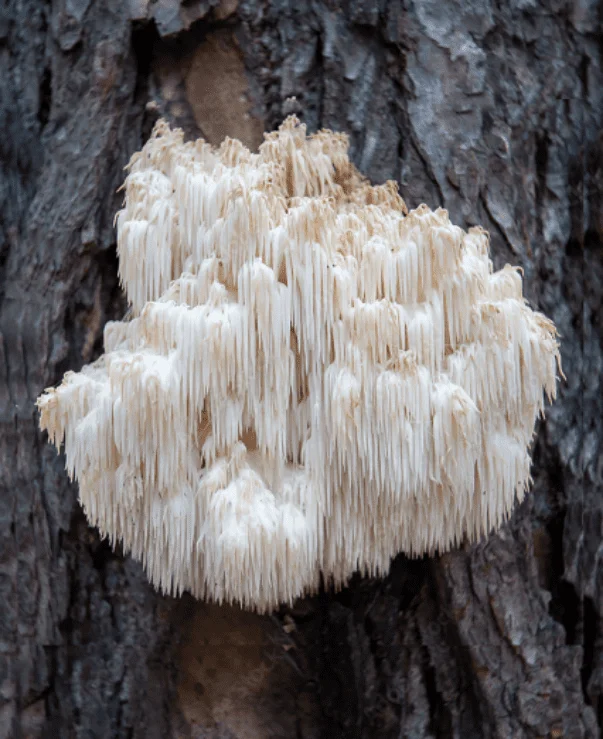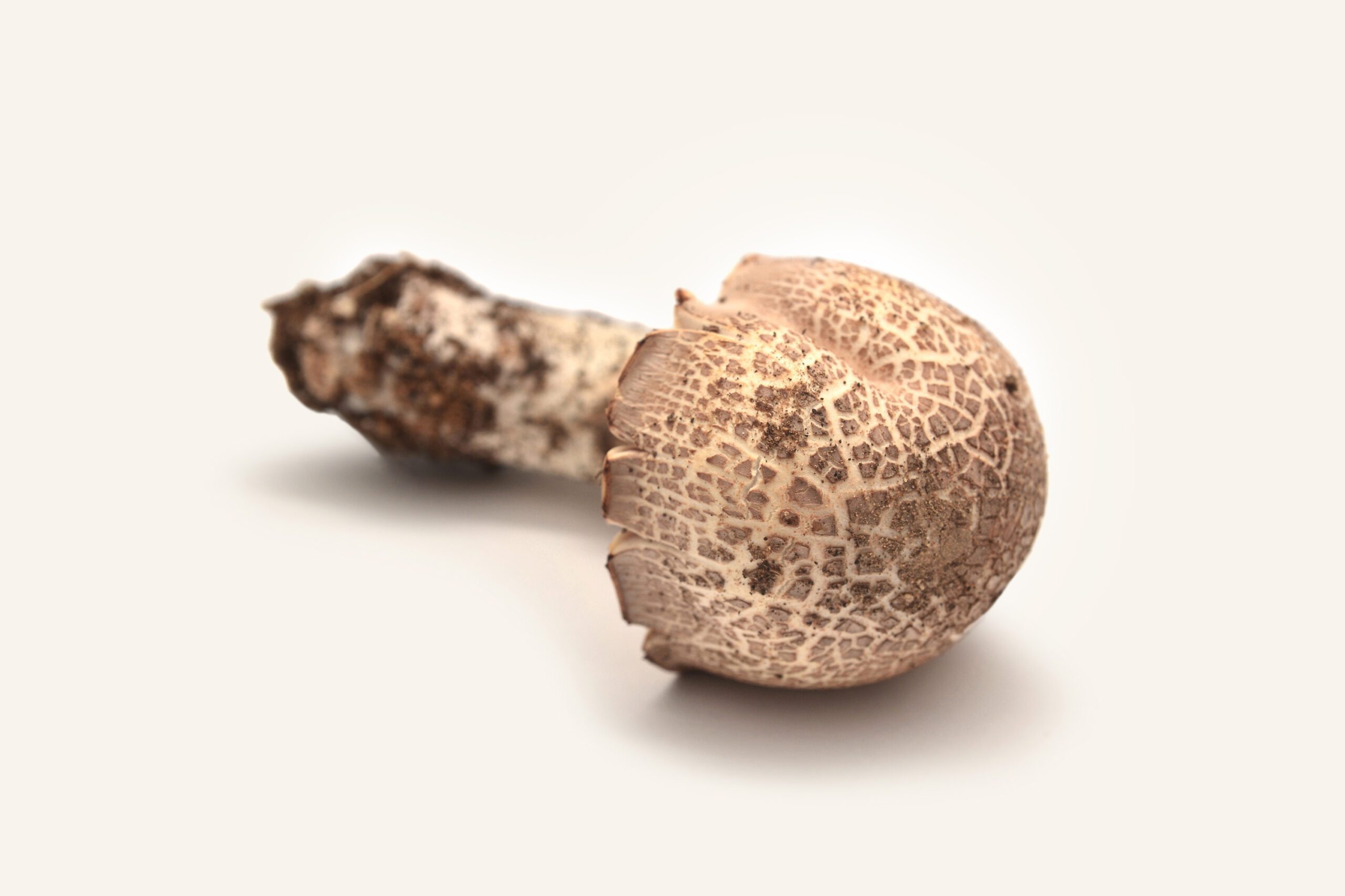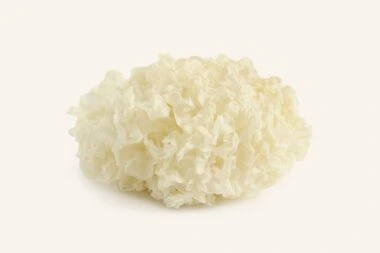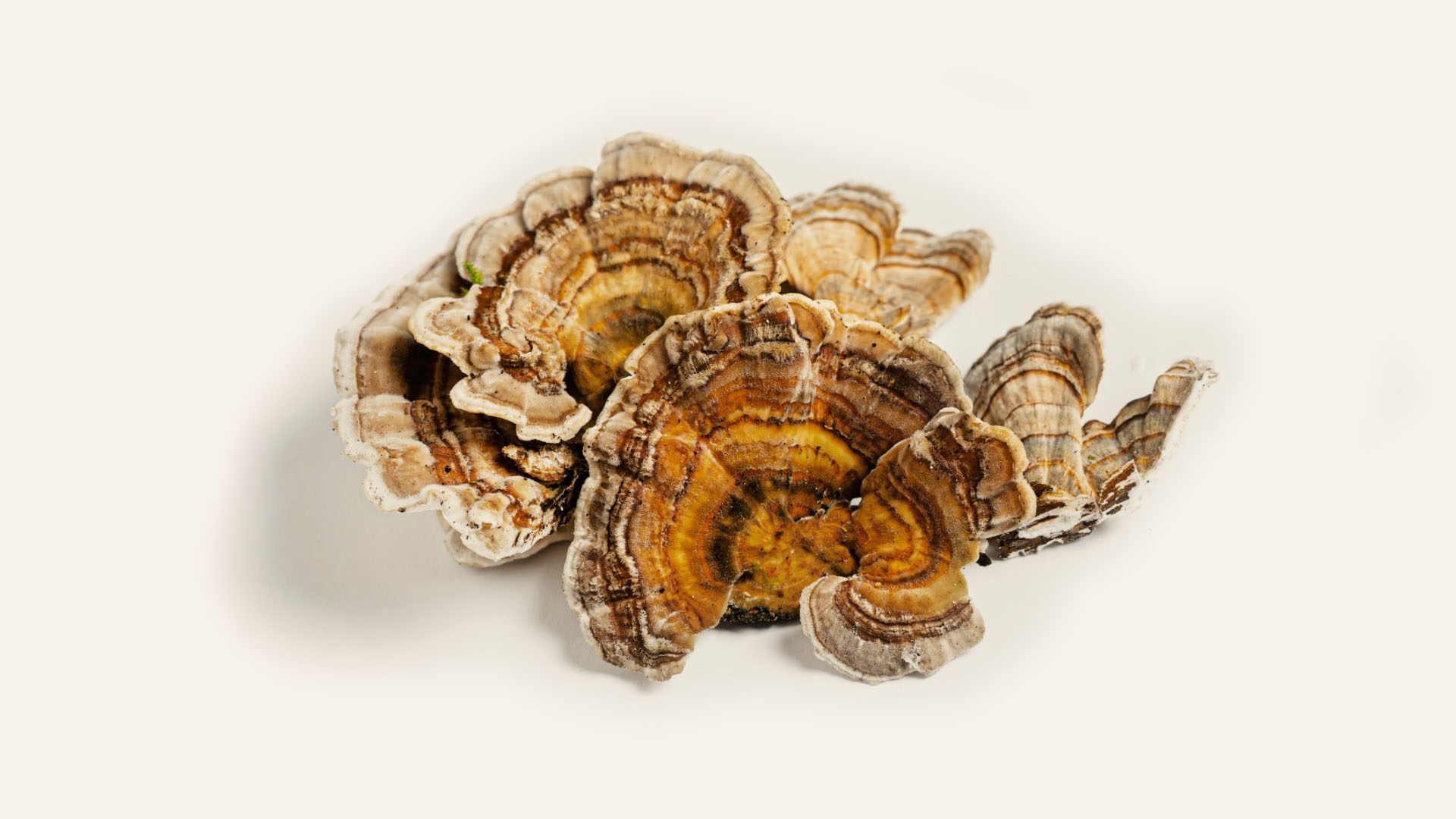How are Lion’s Mane mushrooms used in cooking?
Lion’s Mane mushrooms can be used in a variety of dishes, from soups and stews to stir-fries and salads. They have a meaty texture and a slightly sweet, nutty flavor, which makes them a versatile ingredient. They can be sliced and sautéed, grilled, roasted, or even used as a pizza topping. They are also available in supplement form, such as powders or capsules, which can be added to smoothies or taken as a daily supplement.
Are Lion’s Mane mushrooms safe to eat?
Lion’s Mane mushrooms are generally considered safe to eat for most people. However, like any food, they may cause an allergic reaction in some individuals. Additionally, if you are pregnant or have a medical condition, it is always a good idea to consult with a healthcare professional before adding any new food or supplement to your diet.
How can I identify a Lion’s Mane mushroom in the wild?
Identifying mushrooms in the wild can be challenging and potentially dangerous if you are not experienced in mushroom foraging. However, if you are interested in learning more, there are several key features to look for when trying to identify a Lion’s Mane mushroom. These include its distinctive appearance, with long, white, hair-like spines that grow in clusters. Additionally, the mushroom should have a strong, pleasant odor and a mild, slightly sweet flavour.
In conclusion
The Lion’s Mane mushroom is a fascinating fungi with a unique appearance and potential health benefits. While more research is needed to fully understand its properties, it is a valuable addition to any healthy diet and can be enjoyed in a variety of dishes. Whether you are a seasoned mushroom enthusiast or simply curious about trying new foods, the Lion’s Mane mushroom is definitely worth exploring.


